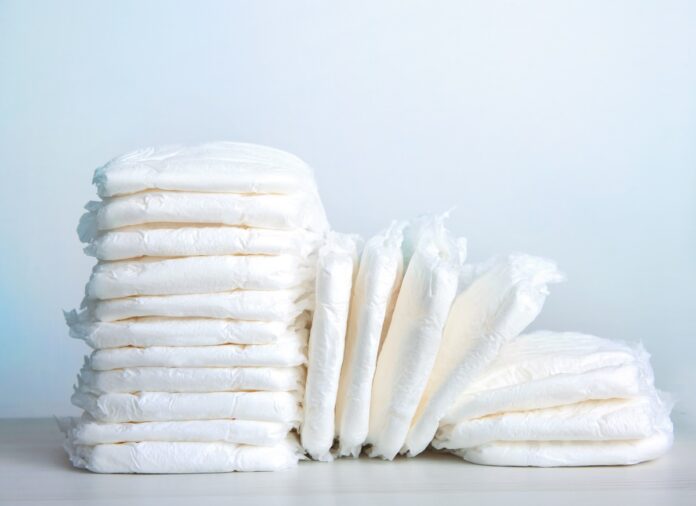
Motherhood is a gift — but let’s be clear — it’s also taxing. And I don’t just mean emotionally or physically taxing. I mean financially. Socially. Systemically.
There is a motherhood tax in this country.
And it doesn’t show up on your tax return — it shows up in the grocery aisle, in the child care application, in the quiet spaces where a mother chooses to stay home, not because she wants to, but because she can’t afford to go to work.
At Helping Mamas, the nonprofit I founded in Georgia over a decade ago, we see this cost every single day. We see it in the mothers who wait in line for two hours for a single package of diapers. We see it in the parents who tell us they’ve used plastic grocery bags or cut-up t-shirts when diapers run out.
These stories don’t reflect weakness — they reflect strength.
These women are doing whatever it takes to care for their children. They are creative. Resilient. Resourceful. But the fact that they have to be this resourceful to meet their children’s most basic needs is a policy failure.
Diapers cost an average of $80 to $100 per month per child. There are no federal assistance programs that cover them. And yet, most child care centers require parents to supply diapers in order to enroll. That means if you can’t afford diapers, you can’t access child care. And if you can’t access child care, you can’t go to work.
It’s not just a parenting problem. It’s an economic justice issue.
Add to that the gender pay gap — women are still paid less than men, and mothers are paid less than non-mothers. It’s not uncommon for a woman to lose income, benefits, and long-term financial security the moment she becomes a parent.
This is the motherhood tax. It’s the sum of policies and pressures that make raising children harder and more expensive for women — especially low-income mothers and women of color. But the costs aren’t just financial. The motherhood tax is also social.
Mothers facing diaper need often isolate themselves. They skip doctor appointments, avoid family events, and pull back from their communities out of shame or fear of judgment. And it takes a toll. Diaper need has been directly linked to maternal depression and anxiety. It compounds the already serious crisis in maternal mental health — especially here in Georgia, where we have one of the highest maternal mortality rates in the country.
The truth is: families need more than praise. They need policies that reflect how much we truly value mothers.
We need elected officials to understand that motherhood isn’t just about moms — it’s about their children, their families, and their communities.
When mothers thrive, families thrive. When families thrive, communities thrive.
We know what the solutions are:
- Create an avenue for diapers to be covered through public assistance programs.
- Provide tax credits or stipends to cover the cost of essential baby supplies.
- Invest in diaper banks and community-based distribution as part of public health
infrastructure. - Eliminate wage penalties for mothers and expand paid family leave and child care
subsidies.
Helping Mamas distributed over 3.2 million diapers last year across Georgia and Tennessee — and we’re still not meeting the full need. We’re doing what we can. But nonprofits alone cannot solve what policy has ignored for far too long.
Motherhood should be a joy — not a financial penalty.
Let’s stop taxing women for raising the next generation. Let’s invest in them instead.






